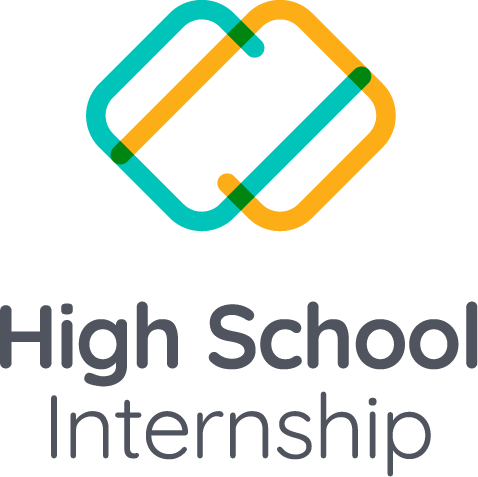Sometimes, getting our students to feel as excited as we do about tech class can be challenging! You might hear different comments floating around the classroom: “Oh! I can learn to be a hacker!”, “Hm…I am not very good with computers….” “But I don’t want to be a computer programmer!” In my classroom, I have found that contextualization and setting expectations are consistently the most powerful way to get students interested and engaged. The way we contextualize is ever-changing, and here are four things you can bring into your next class!
1. Set the scene
Before each unit, project, and/or topic, set the scene and help your students see the connection to what you teach them and how it relates to the real world. Students become naturally curious and engaged when they see the topic’s relevance in their lives.
What to do: You can ask students where they have seen this type of technology before. Keep your conversation open – there is no “right” or “wrong.”
Skill gain: Critical thinking
2. Set clear expectations
Be transparent about the learning journey and set expectations. Explain to students that this is the beginning of their journey as coders/programmers; during class time, it is the time to explore possibilities together. They may find different areas relatable and appealing in tech; some may have an appetite for design, some are debugging wizards, or some are great entrepreneurs! Having an open mind about programming and how it shows daily will help them stay engaged.
What to do: Take 5 minutes each session to ask students to set a personal learning goal for themselves. Then, get each of them to share. From there, manage expectations and offer ideas for achieving that goal.
Skill gain: Adaptability
3. Make it real!
Keep students engaged during tech class and bring more interactivity to your classroom – this will make YOUR life more manageable.
What to do: Ask students to imagine that they are working at an agency. Put them into pairs or teams. They will be held accountable for each other’s learning throughout the week! For each lesson, allocate at least two stand-up (2-3 minutes sharing sessions) and feedback sessions. You can ask students to do their stand-ups at each lesson’s start, middle, and/or end. Ask students to consider:
- What surprised me about the learning?
- How might I use this learning in my daily life?
- Where do I see the connection of the technology I learned today to my daily life?
- What do you like about your team’s work? How might you improve it?
- What will I customize in this project?
- How would I improve or change this project if I knew how to?
Skill gain: Communication
4. “Am I just copying and pasting code?”
In the early stages of our students’ technology journeys, they may wonder: “I feel like all I am doing is copy and paste – is this really coding?!‘
At the beginning of the school year or semester, explain to students that the tech projects you will do together will teach them fundamental coding and programming concepts. The main focus and objective are for them to understand how the code interacts to create something – our goal is not for them to memorize code! We do not encourage “mindless” copy-and-pasting.
A successful programmer/coder is not defined by how much code they can type. Instead, they are defined by how well they can piece together code effectively.
What to do: Check in often with students and ask them to explain what they have just done to their partner/team.
Skill gain: Creativity
I hope these four tips can excite your tech class and encourage your students to see that tech class is not just about using a computer. Instead, it is a chance to consider technology’s broader perspective and impact and the valuable skills to help them get “future-ready”!


